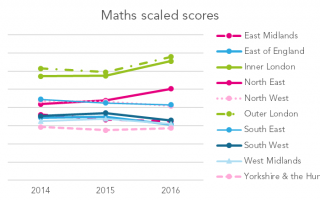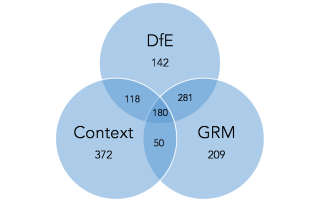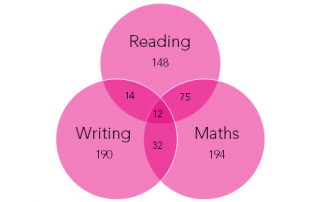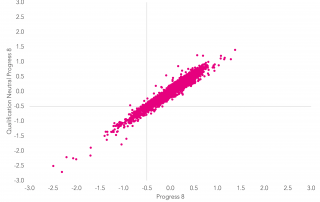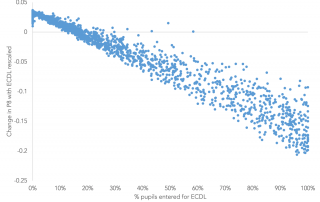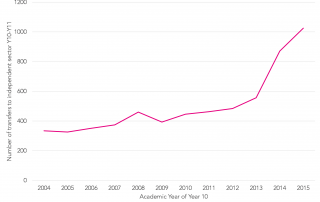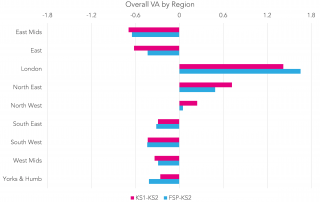Multi-academy trust league tables: What can we learn from the data?
This morning the government published multi-academy trust (MAT) league tables, building on an approach it trialled last year. At a headline level, two thirds of MATs had Progress 8 scores that were below average across the secondary schools which they run [PDF]. But what does the underlying data tell us? In this analysis we’re looking at [...]





